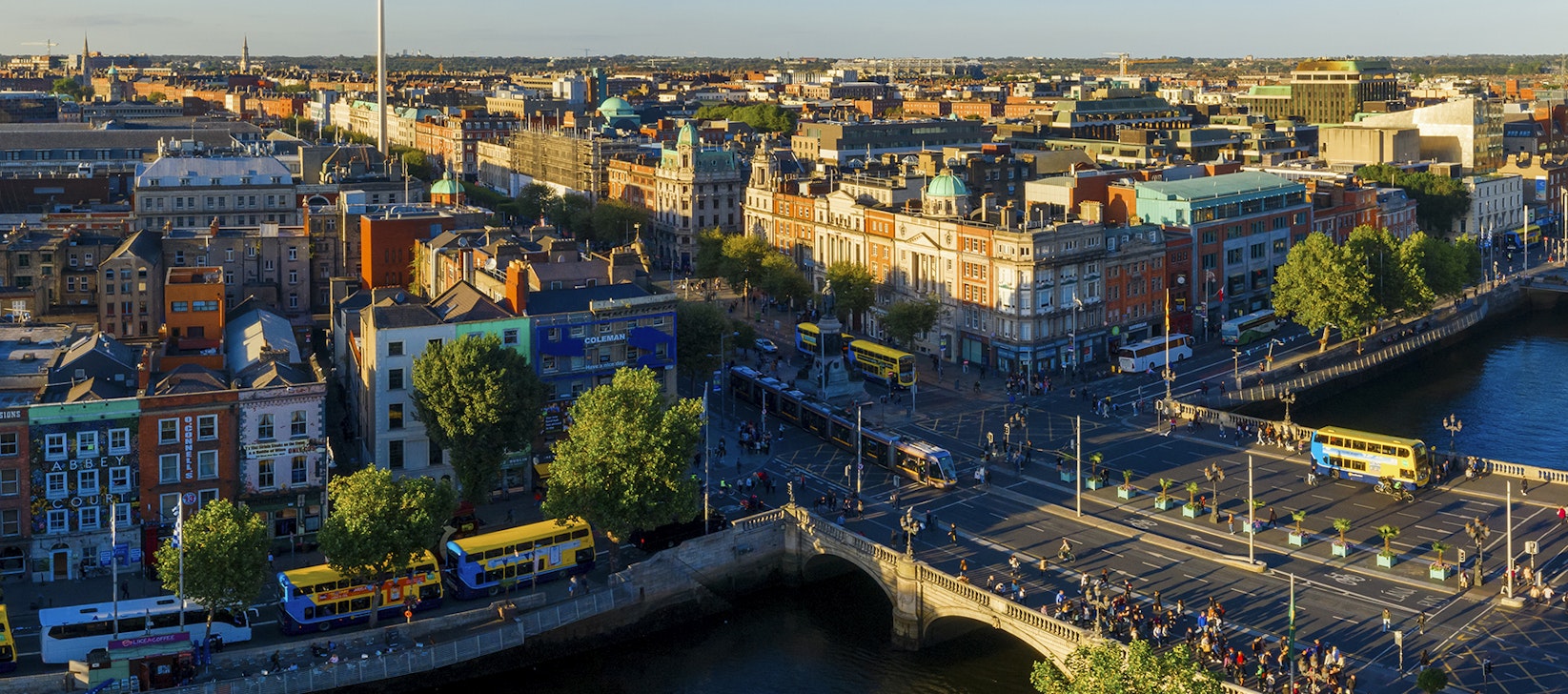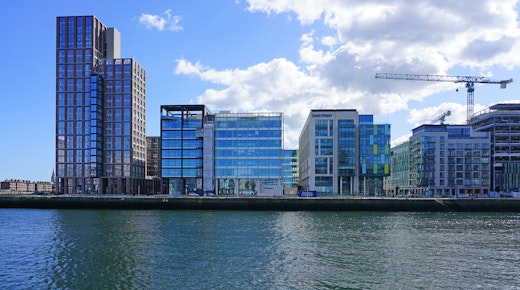The latest PMI Survey shows that business activity in Dublin continued to increase but at the softest rate since Q2 2021.
The latest PMI survey from S&P Global shows that business activity in Dublin in Q2 continued to increase but at the softest rate in a year. The headline rate remained robust at 56.0, but eased from 60.1 in Q1, as inflationary pressures constrained demand. Activity increased across all three of the monitored sectors, but at sharply slower rates in the manufacturing and construction sectors. Output across the Rest of Ireland remained broadly in line with the capital.
Dublin & Ireland PMI
The rise in new orders in Q2 was the softest in the current five-quarter sequence of growth. New business in the capital continued to record stronger growth than the Rest of Ireland. While these consistent new order trends signal the potential for strong activity for the remainder of the year, inflationary pressures remain a significant threat for the coming quarters.
On the employment side, the rate of job creation remained strong in Q2 as Dublin companies continued to rebuild workforce numbers following the pandemic. This marks the sixth successive quarter where companies in Dublin increased their staffing levels. Employment also increased across the Rest of Ireland, but at a slower rate than that seen in the capital.
Business activity in Dublin and Ireland continued to increase in the second quarter of the year but slowdowns in growth rates are apparent as inflationary pressures take hold. Weakened demand driven by surges in inflation and economic uncertainty will play a significant role in the direction of business activity in the short to medium term. However, there is hope that price levels will stabilise in the second half of the year as quantitative tightening measures are rolled out.
Commenting on the PMI, Andrew Harker, Economics Director at S&P Global said:
“While the Dublin private sector remained comfortably inside growth territory in the second quarter of the year, there were signs of a slowdown as inflationary pressures bear down on demand. This will likely make securing new business and expanding output more difficult for firms over the second half of the year. The rate of job creation remained marked as companies continued to play catch-up from the pandemic, but again there will be concerns about whether this can be sustained should there be a wider economic slowdown.”





